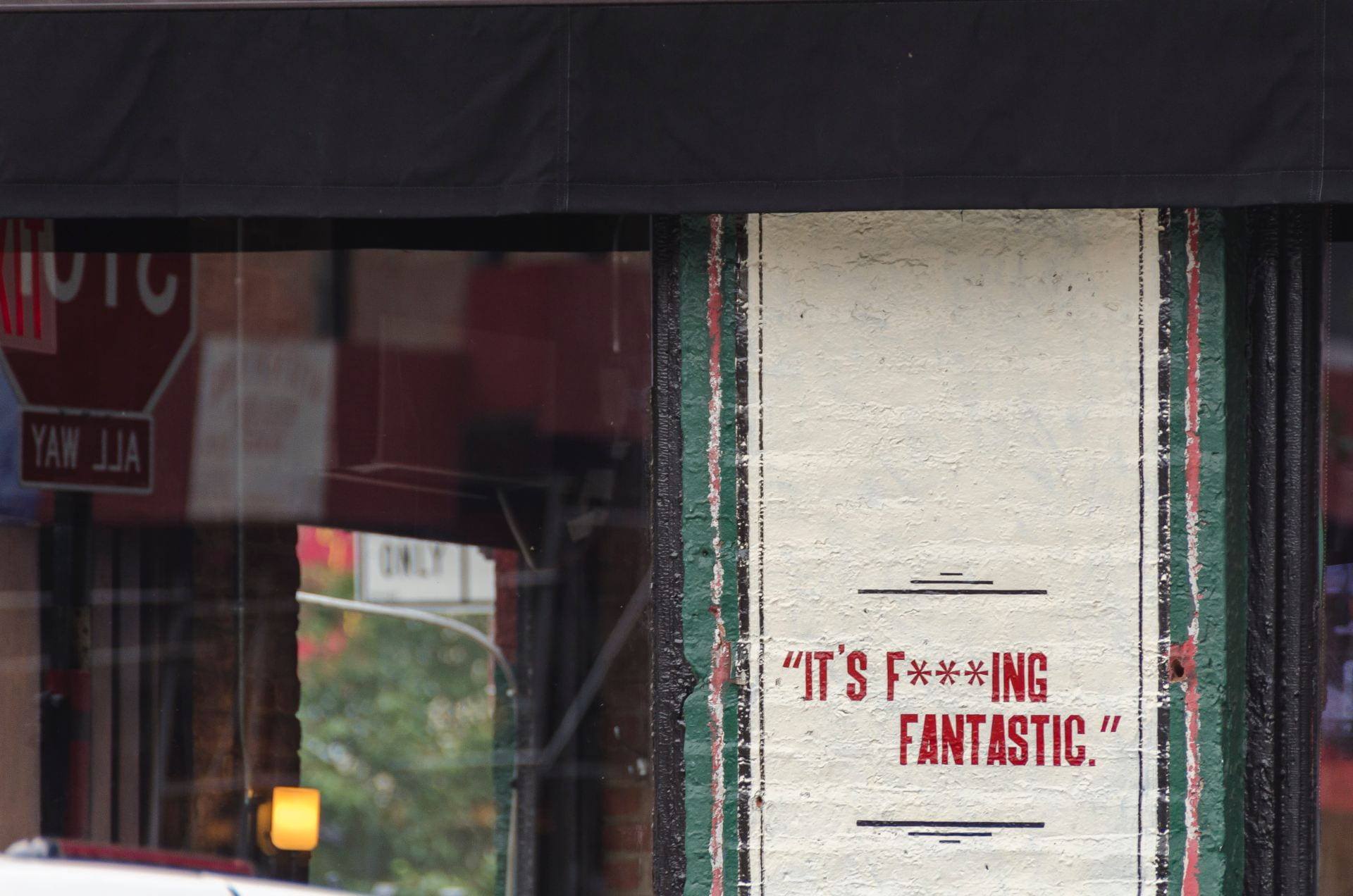I curse at times. I bet you do too.
I curse mostly to reduce an intense emotion, usually frustration. I typically curse just in my mind, unless no one is around.
The cursing helps me feel a little bit better. There are studies that show I am not the only one who benefits from cursing.
Emotion regulation is not the only reason people curse. Some individuals curse for social purposes, for example, to emphasise a point or to gain attention. Some folks curse to heap verbal abuse on another person. That abuse is not laudatory, but it is safer than physical abuse.
Certain individuals curse to fit into a social group. You may have heard someone say: “She curses like a sailor.” I take that expression to mean that cursing would help me fit in as a sailor.
I try to avoid cursing in front of others because I view social cursing as indicating that a person is out of control emotionally. Also, strong curse terms can lead others in earshot to feel uneasy.
I notice that my tennis pals almost never utter a curse word. They could play tennis with the Queen.
I do sometimes use sanitised curse terms in front of others. I say shucks and nuts. Other people say darn and heck.
Someday I will shout Jumping Jehoshaphat, like Perry White, the editor of the Daily Planet in Superman comics. Jehoshaphat, by the way, was the Biblical king of Judah. He stood still during a battle by God’s command. His jumping would be ultra-bad.
Most curse words are related to sexual body parts or bodily elimination. Some are tied to God, in a blasphemous way. The main requirement is for a strong curse word to mean something taboo.
Where do we learn curse words? From others who use them.
When I was a child, I once used a curse word I had heard an older boy use. My mother had such a negative emotional reaction that I never used the word again.
If you want to quit strong cursing, do as I suggest to my students: Record each time you use the word during a week and then try to replace the word with a nicer one that starts with the same sound. Keep recording each use of the old word and see if the rate goes down.
You can curse me if the method does not work for you.
Photo by Etienne Girardet on Unsplash




I came across this while researching where curses come from. I’m writing a fantasy novel and didn’t want to include phrases that would make no sense in a place without our Earth’s history and culture.
So I found your writings both entertaining and helpful, thank you! I LOVE the Jumping Jehoshaphat roots, I had no idea!
Great!
amazing!!